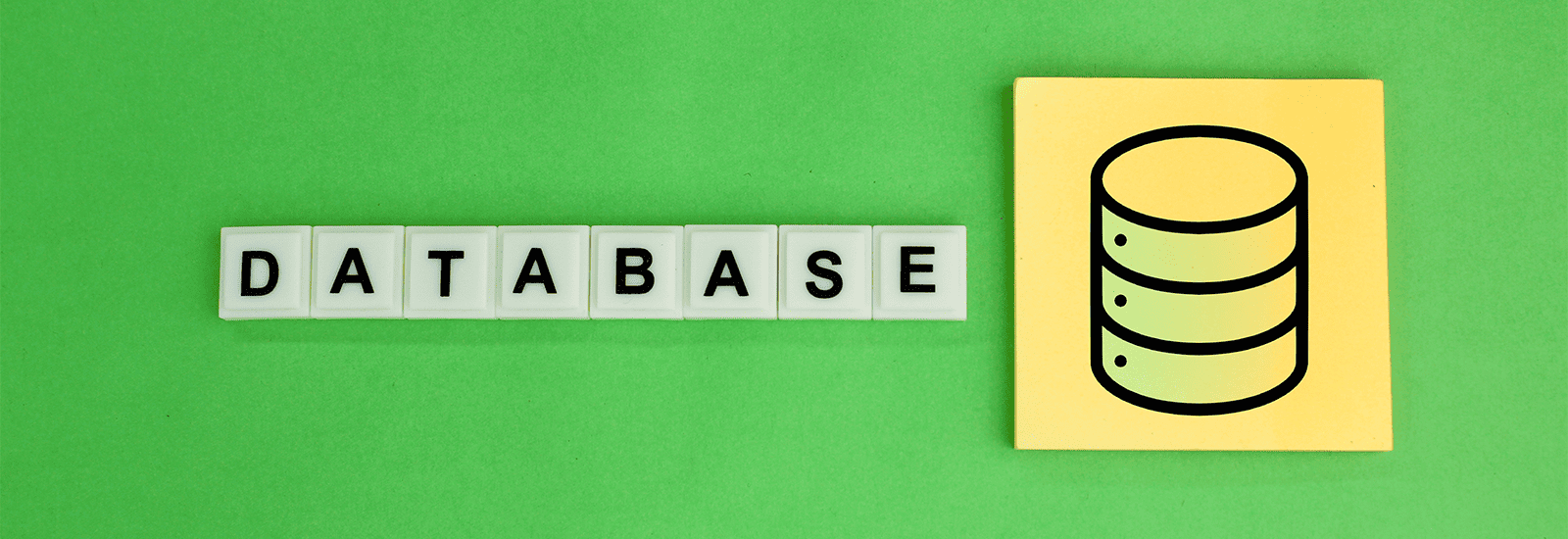SQL vs. NoSQL: Understanding the Right Database Software for Your Needs
It is essential to decide on the best database software for your business. Nonetheless, knowledge about SQL and its importance in the organization may enable one to make the right choice.
Zoftware facilitates an informed choice that is easier to make.
We begin with –
What’s SQL?
Data within SQL databases are organized into tables with rows and columns; hence, they are relational. These types of DBMSs guarantee data integrity in the context of structured data. Examples of some SQL databases are MySQL, Oracle, Microsoft SQL Server, etc. Structured Query Language (SQL) is what SQL stands for. The tables in SQL databases are made up of rows and columns where they store data. With such a tabular format, it becomes possible to pose complicated database questions and analyze them from different angles. It achieves this by following the rules of ACID properties within SQL transactions for maintaining data integrity.
What’s NoSQL?
Non-relational databases, or NoSQL database management systems, are widely used in environments that involve high-volume, high-variability, high-velocity data, such as social networking websites, IoT applications, etc.
Key Differences Between SQL and NoSQL
Structure:
- In SQL, there is an organized data format in which a defined schema enforces that information should be placed in tables having columns and types of records.
- NoSQL databases are known for considering the dynamic and schematic data storage that comes with flexible data models.
Scalability:
- Regarding scalability, most SQL systems use vertical scaling, whereby you increase the capabilities of your existing server or replace it with a more powerful one.
- NoSQL systems expand by incorporating additional servers or nodes within the networked environment.
Query Language:
- SQL uses complex structured querying employing SQL syntax.
- Conversely, NoSQL uses simple API query methods that look up keys and perform related operations.
Consistency:
- Complete ACID compliance can be achieved in SQL to maintain data integrity.
- However, NoSQL is characterized by low consistency but very high speed and availability since it emphasizes other priorities.
Selecting appropriate database software is critical in every enterprise that deals with information management.
When to Choose SQL?
SQL databases suit businesses with well-organized data following a strict format and order. They require a predetermined structure known as a schema into which no details can be left unattended in sectors such as money, public health, or logistics where there can be zero mistakes in the data—people usually like SQL DB e. g., MySQL, Oracle or PostgreSQL because it is very good at one thing – handling of multi-row transactions that ensure data integrity (e. g. ERP systems).
When to Choose NoSQL?
However, no SQL systems are specifically designed to serve businesses that deal with moving and changing facts and figures. No-SQL has no tight schemas as opposed to the flexible ones, which are easily adaptable, especially in growing enterprises that employ this sort of stuff. Business intelligence tools love squeezing through data stored in those accessible compression formats used by various NoSQL flavors, including MongoDB, Cassandra, or Couchbase, because they allow it to handle such high volumes conveniently; hence, most of them are ideal for using the web services, big data, and real-time analysis engines evolving today everywhere around us!
Which Kind Of Database Is Suitable For You?
It all depends on your business needs from a database, plain and simple: Do you prioritize structured information? There isn’t another type of software better at providing reliable means for transactions than SQL-based ones. On the other hand, if your company requires quick expansion strategies coupled with management of heterogeneous massive records – nothing beats modern NoSQL!
Conclusion
Each type of database has its role to play in today’s business world. However, choosing appropriate database software depends on the nature, business structure, and future aspirations.
Zoftware offers numerous databases to choose from and helps businesses choose and deploy them correctly for their unique cases. Find yours today at Zoftware and simplify things in your firm tomorrow!





